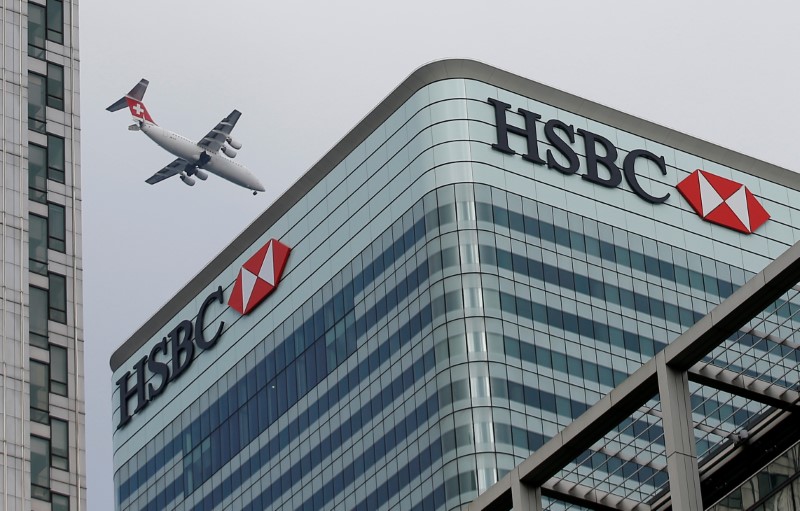LONDON (Reuters) - HSBC (L:HSBA) has won Chinese approval for its investment banking joint venture with a local state-backed fund, ending a twenty-month wait for a decision that will allow it to begin expanding its business in the world's second largest economy.
HSBC's partnership is with the state-backed Qianhai Financial Holdings Co and is majority-owned by the British bank, in contrast with most other Sino-foreign investment banking partnerships where the Chinese partner retains control.
The partnership is a key part of the bank's ambition to grow annual profits in the fast-growing southern region of China, allowing it to trade as well as underwrite stocks and bonds for Chinese firms more freely than other foreign rivals.
The bank announced in 2015 it would hire 4,000 new staff and invest billions to make the southern Pearl River Delta region its gateway to China, an expansion since delayed by China's slowing growth.
"The establishment of this joint venture is an important step for HSBC to deliver on our strategic commitment to invest in and grow our business and operations in mainland China," HSBC Chief Executive Stuart Gulliver said in the statement on Friday, following the approval by Chinese regulators..
HSBC announced the venture on Nov. 2, 2015, and has since been waiting for the approval to begin operations.

Approval for the venture had been widely expected, but the long wait has potentially reduced the advantage that HSBC could have stolen over rivals with more restrictive licences, as China relaxes rules on foreign banks.